Brudzinski’s Sign
1,245 views
October 31, 2025
Brudzinski’s Sign 🧠
Definition:
Brudzinski’s sign is a clinical sign of meningeal irritation, commonly seen in meningitis.
🔍 How to Elicit the Sign:
Ask the patient to lie supine (on their back).
The examiner flexes the patient’s neck (brings the chin towards the chest).
A positive Brudzinski’s sign occurs when:
The hips and knees automatically flex in response to neck flexion.
⚕️ Mechanism (Why It Happens):
Flexion of the neck stretches the inflamed meninges.
This irritation causes a reflex flexion of the lower limbs to reduce tension on the meninges.
💡 Clinical Significance:
Indicates meningeal irritation, seen in:
Meningitis
Subarachnoid hemorrhage
(Occasionally) severe meningeal inflammation from other causes.
🧩 Associated Signs:
Kernig’s Sign: Pain or resistance when extending the knee while the hip is flexed at 90°, also due to meningeal irritation.
📋 Summary Table:
Feature Brudzinski’s Sign
Position Supine
Action Flex the neck
Positive Response Involuntary flexion of hips & knees
Indicates Meningeal irritation (meningitis, SAH)
Definition:
Brudzinski’s sign is a clinical sign of meningeal irritation, commonly seen in meningitis.
🔍 How to Elicit the Sign:
Ask the patient to lie supine (on their back).
The examiner flexes the patient’s neck (brings the chin towards the chest).
A positive Brudzinski’s sign occurs when:
The hips and knees automatically flex in response to neck flexion.
⚕️ Mechanism (Why It Happens):
Flexion of the neck stretches the inflamed meninges.
This irritation causes a reflex flexion of the lower limbs to reduce tension on the meninges.
💡 Clinical Significance:
Indicates meningeal irritation, seen in:
Meningitis
Subarachnoid hemorrhage
(Occasionally) severe meningeal inflammation from other causes.
🧩 Associated Signs:
Kernig’s Sign: Pain or resistance when extending the knee while the hip is flexed at 90°, also due to meningeal irritation.
📋 Summary Table:
Feature Brudzinski’s Sign
Position Supine
Action Flex the neck
Positive Response Involuntary flexion of hips & knees
Indicates Meningeal irritation (meningitis, SAH)















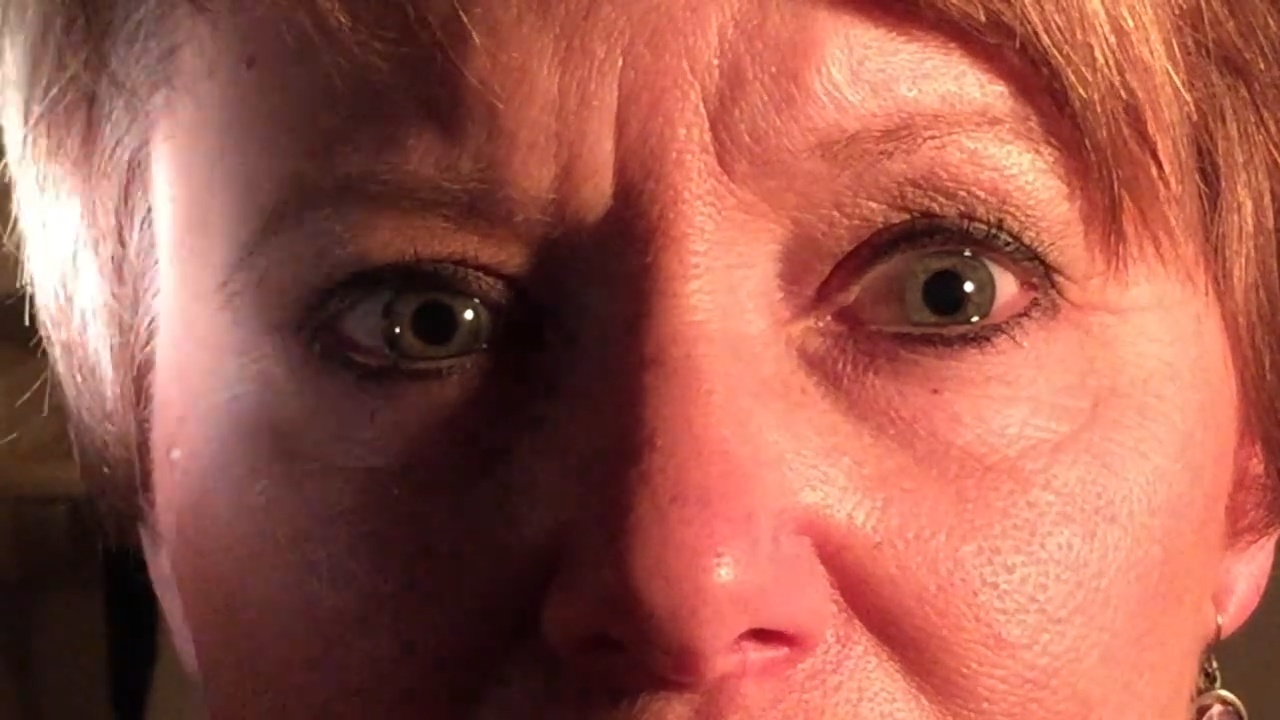
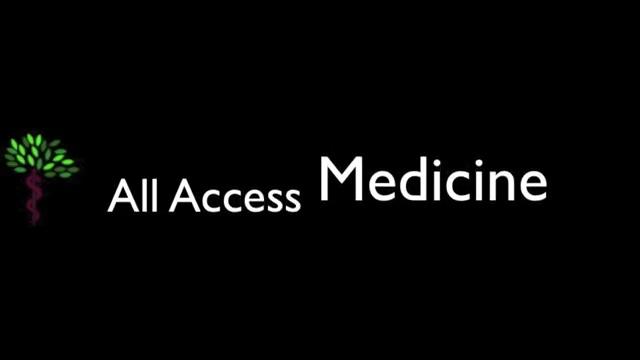
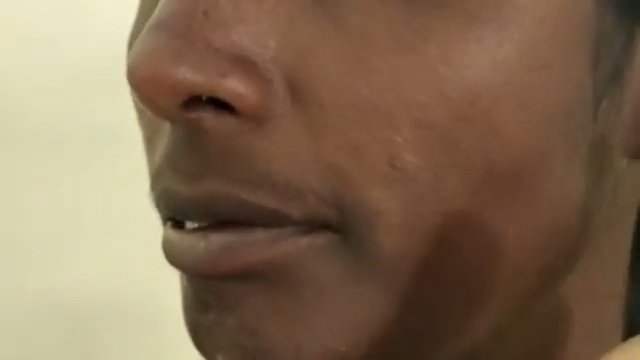

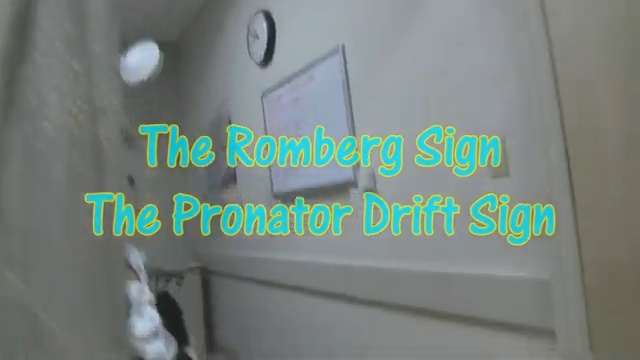
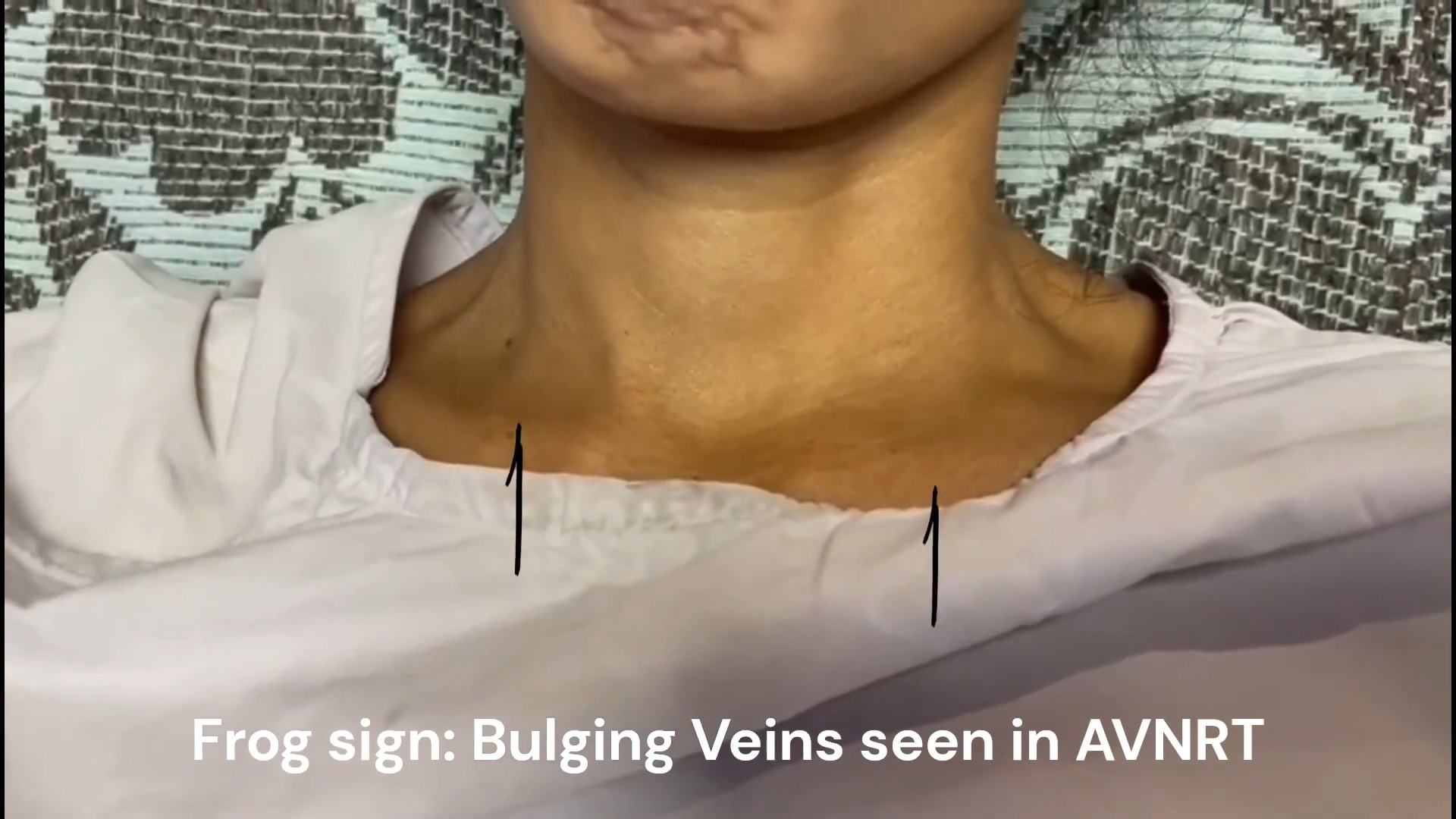
Medical Student
This was incredibly helpful for my upcoming exam. Thank you!
Nursing Professional
Great explanation of the ECG changes in hyperkalemia!